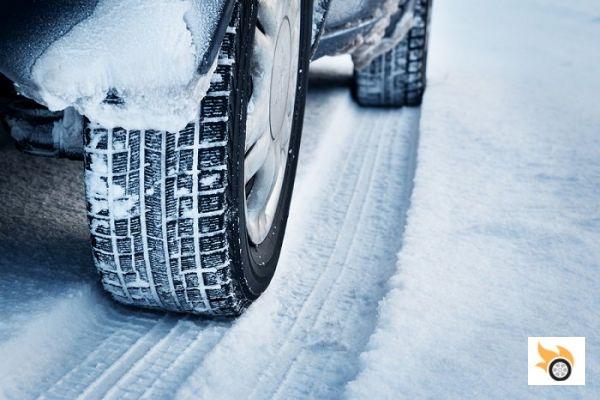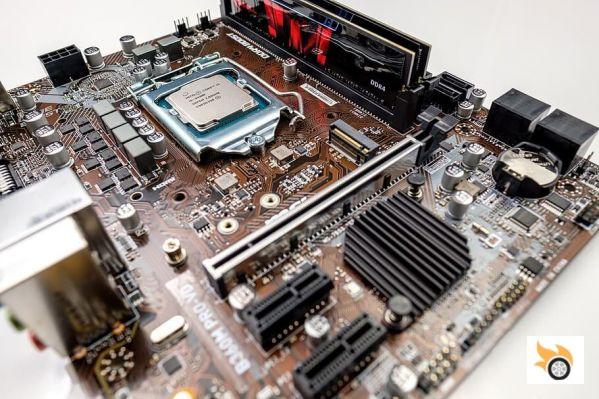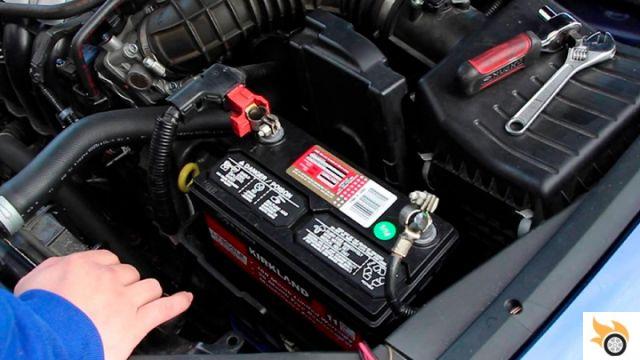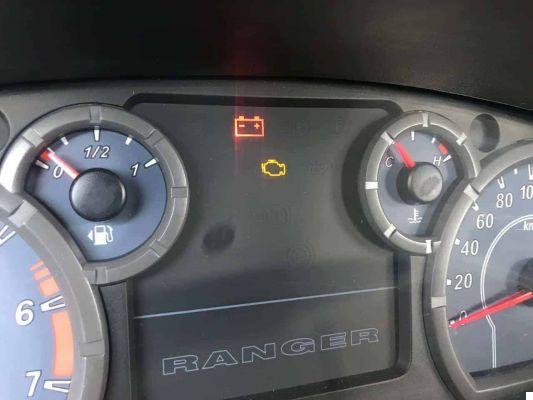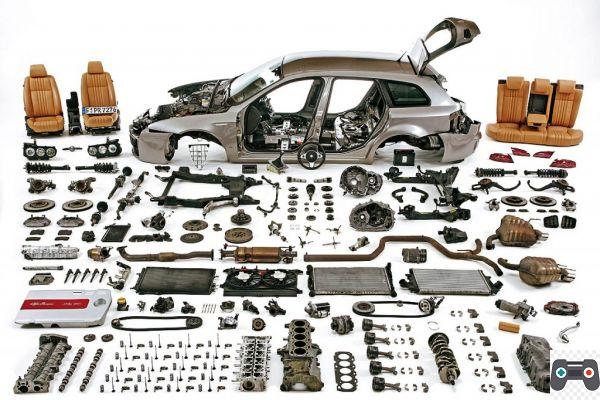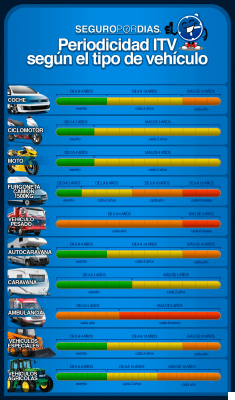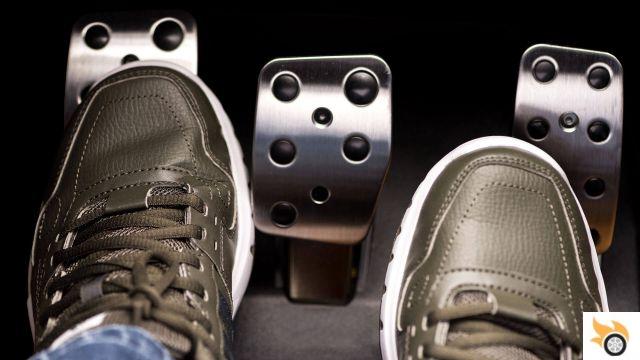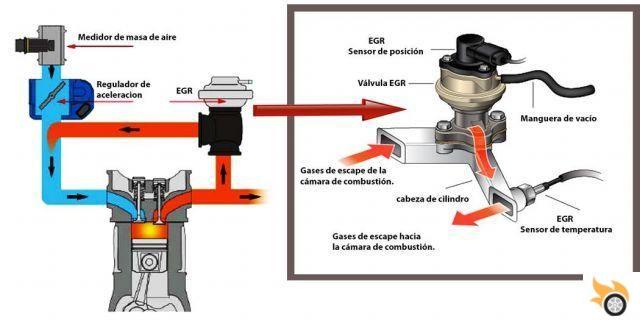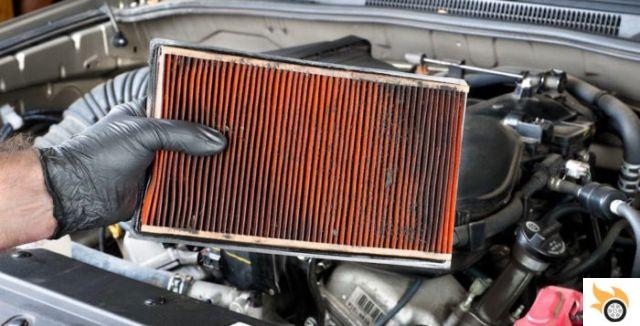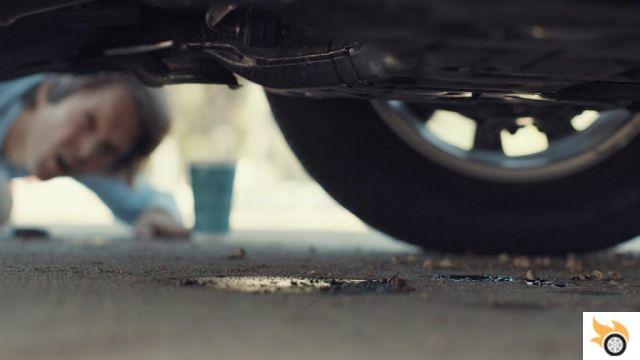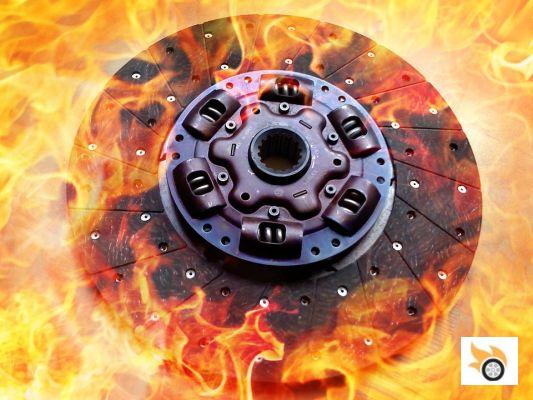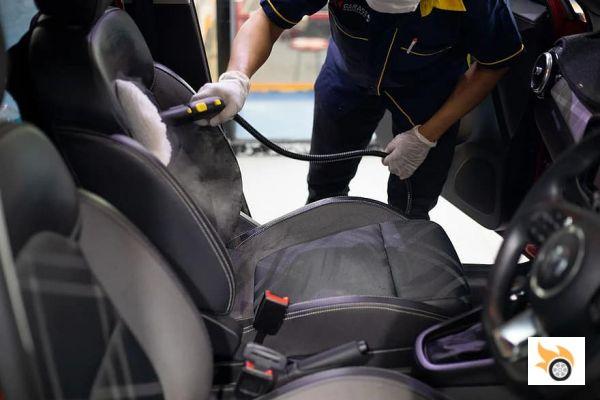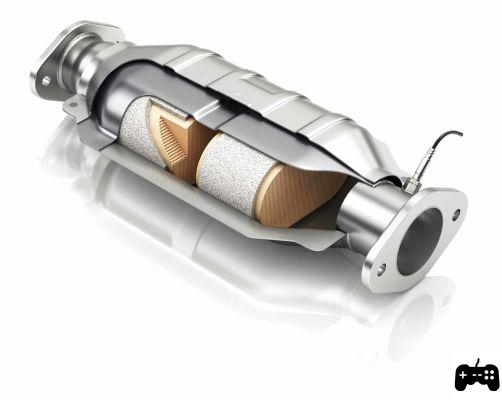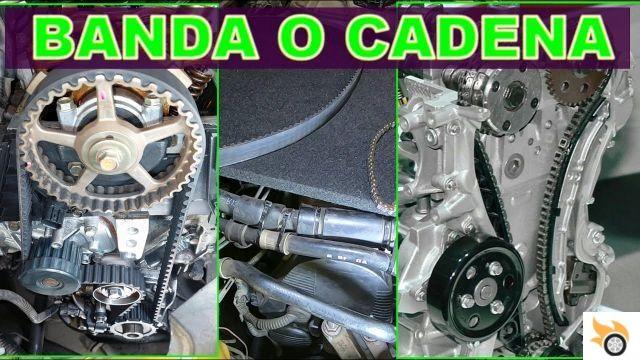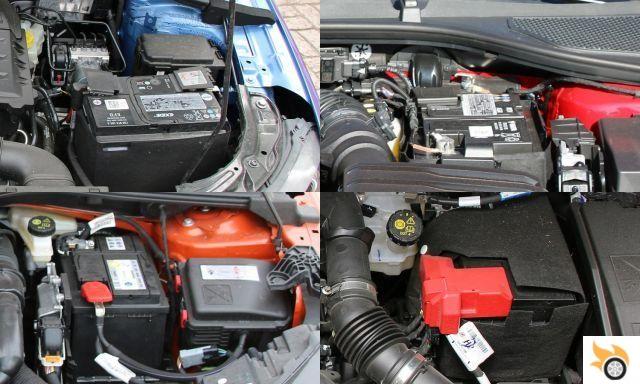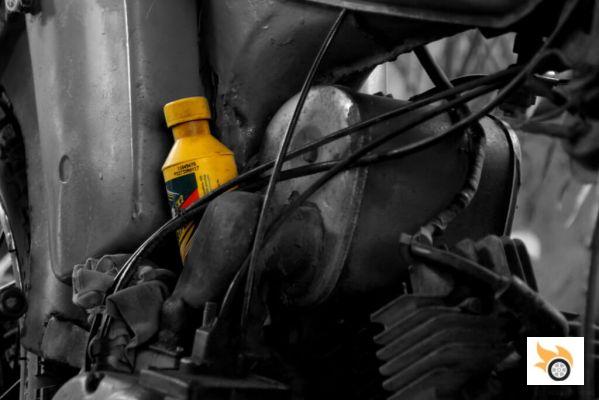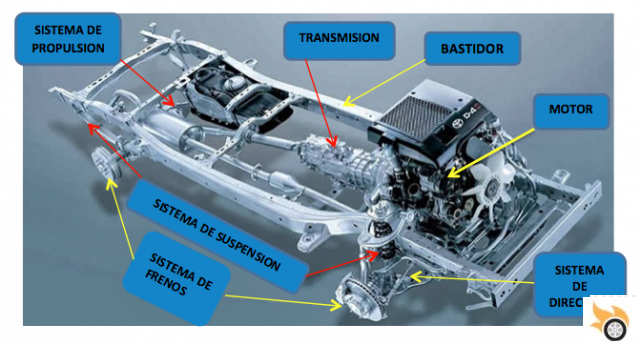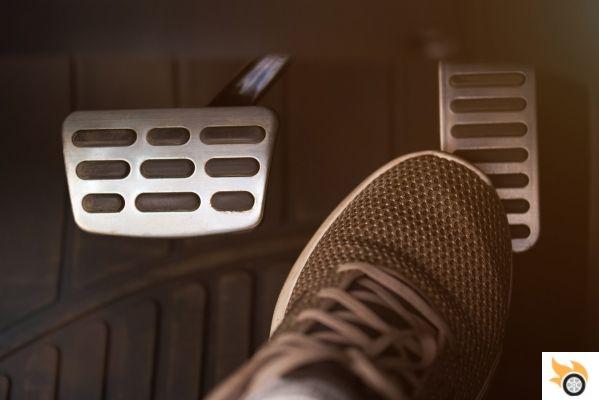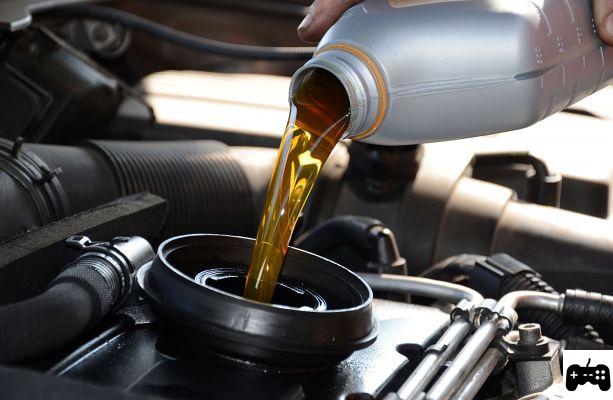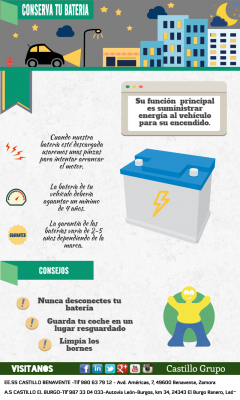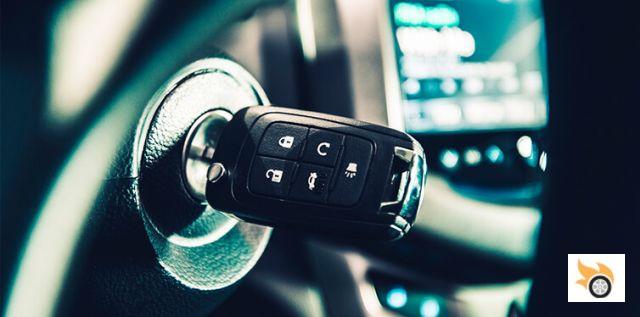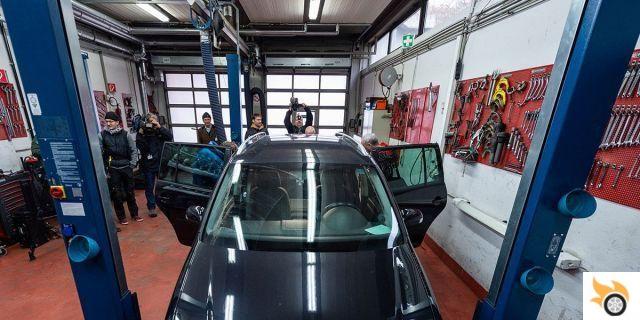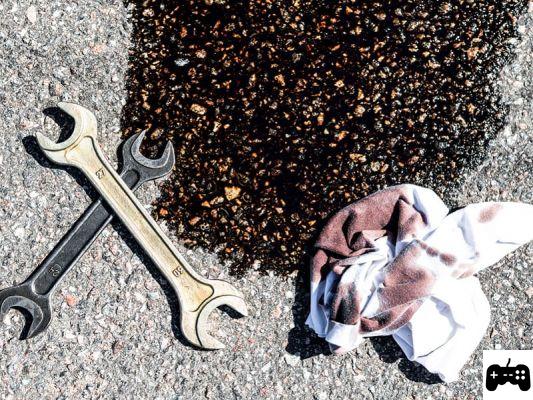 Article: How to detect and find oil leaks in your car
Article: How to detect and find oil leaks in your car
Welcome to our article on how to detect and find oil leaks in your car. In this guide, we'll provide you with detailed information on the most common causes of oil leaks, how to identify them, and what to do if your vehicle is leaking oil. We'll also introduce you to some trusted sources where you can learn more about this topic, including Bardahl, Tracerproducts.com, Endado, and wikiHow.
1. Most common causes of oil leaks
Before learning how to detect and find oil leaks, it's important to understand the most common causes of this problem. Oil leaks can be caused by various reasons, such as:
- Seals and gaskets wear: Over time, the seals and gaskets in your engine can deteriorate, which can lead to oil leaks.
- Oil pan damage: If your car's oil pan is damaged or has cracks, it is likely that it is leaking oil.
- Oil Filter Problems: A faulty or improperly installed oil filter can cause oil leaks.
- Drain Plug Issues: If the drain plug on your oil pan isn't fitted correctly, you may be leaking oil.
These are just some of the more common causes of oil leaks. It is important to note that every car is different and there may be other causes specific to your particular vehicle.
2. How to detect oil leaks
Early detection of oil leaks is essential to prevent further damage to your car. Here are some steps you can take to detect oil leaks:
- Inspect the ground under your car: If you find oil stains on the ground where you park your vehicle, it's a sure sign of an oil leak.
- Check the oil level: If the oil level in your car is constantly dropping, there is probably a leak.
- Look at the engine: Visually examine the engine for signs of oil leaks, such as smudges or drips.
- Check for smell and smoke: If you smell burning oil or see smoke coming from the engine, there may be an oil leak.
Remember that it is important to carry out these inspections on a regular basis to detect any oil leaks in time.
3. How to find oil leaks
Once you've detected an oil leak, it's time to find its source. Here are some steps you can take to find oil leaks in your car:
- Clean the engine: Before you start looking for the leak, be sure to clean the engine to remove any oil residue that could make it difficult to detect.
- Use an oil leak tracer: There are products on the market, such as those offered by Bardahl and Tracerproducts.com, that can help you find the exact source of your oil leak.
- Inspect seals and gaskets: Carefully examine the engine seals and gaskets for signs of wear or damage.
- Check the oil pan and oil filter: Check the oil pan for cracks or damage and make sure the oil filter is installed correctly.
If you don't feel comfortable doing these inspections on your own, you can always get a trusted mechanic to do it for you.
FAQs (Frequently Asked Questions)
1. What should I do if I find an oil leak in my car?
If you find an oil leak in your car, it's important to take quick action to prevent further damage. Here are some steps you can take:
- Stop the vehicle immediately: If you notice an oil leak while driving, bring the vehicle to a safe stop as soon as possible.
- Add oil if necessary: If the oil level is low, you can add oil to prevent engine damage. However, remember that this is only a temporary solution and you should fix the leak as soon as possible.
- Take your car to a mechanic: It is advisable to take your car to a trusted mechanic to inspect and repair the oil leak properly.
2. Can I fix an oil leak on my own?
If you have knowledge and experience in auto mechanics, you may be able to fix an oil leak on your own. However, it is important to note that some leaks may require specialized tools and knowledge. If you do not feel confident or do not have experience in this type of repair, it is better to go to a professional mechanic.
3. How much does it cost to repair an oil leak?
The cost to repair an oil leak can vary depending on the cause of the leak and the model of your car. In general, the cost can range from a few hundred dollars to several thousand dollars. It is advisable to request quotes from different mechanical workshops to obtain a more precise idea of the cost of the repair in your specific case.
Conclusion
In short, it's important to keep an eye out for oil leaks in your car, as they can indicate more serious engine problems. Learning to spot and find these leaks will allow you to take quick action to prevent further damage. Remember that if you do not feel comfortable carrying out the inspections on your own, you can always go to a trusted mechanic to do it for you.
We hope this guide has been helpful to you and that you now have a better understanding of how to spot and find oil leaks in your car. If you have any questions or comments, feel free to leave them below. We would love to hear your opinion!
Until next time!
The Pistonudos.com team




